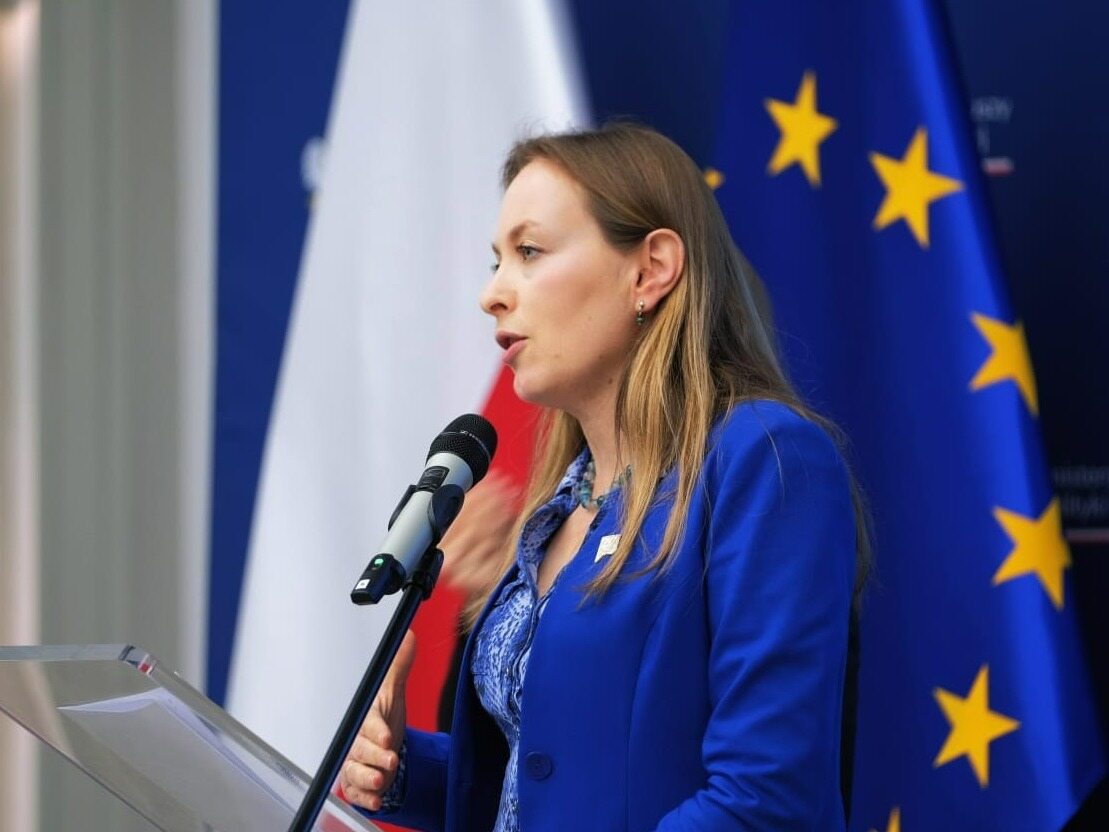Ban on combustion cars. The minister will dissuade the EC from the idea

We will talk to the European Commission to remove the tax on combustion cars. We need to introduce the Green Deal, but not with bans, but with incentives, announced the Minister of Funds and Regional Policy, Katarzyna Pełczyńska-Nałęcz.
It is still unclear to what extent the provisions of the Green Deal will apply. The fear of adapting to them has led farmers from most Member States, but farmers are not the only ones who question the direction of the changes proposed by the European Commission. The idea of moving away from combustion cars to electric ones also causes a lot of emotion.
Let us remind you that as early as 2035, the sale of new combustion cars would be banned. Will this really be the case? Producers of “traditional” cars, but also EU countries, are protesting against this – regardless of the fact that two or three years ago they supported the promotion of electric cars.
The end of combustion cars? More and more enemies
Poland was the first country to oppose the ban on the sale of internal combustion cars in the EU. It was later joined by Germany, the Czech Republic, Italy, Romania, Hungary and Slovakia.
Germany proposes that not only electric and hydrogen cars be allowed on sale, but also those with combustion engines powered by synthetic fuels. It is gasoline produced from green hydrogen, so the Germans argue that it is a zero-emission fuel.
– Banning combustion engines when they can be powered in a climate-neutral way seems to us to be the wrong approach, said German Transport Minister Volker Wissing in March 2023.
On Saturday, the Minister of Funds, Katarzyna Pełczyńska-Nałęcz, reminded that the fate of allowing combustion cars for sale in 11 years is still in the balance. Poland's position has not changed. The minister announced that she would hold talks aimed at convincing decision-makers to change their minds.
– We will talk very assertively with the European Commission to remove the tax on internal combustion cars. We need to introduce the Green Deal, we want to have clean air, but this must be achieved with incentives – these incentives are in the National Program and we are increasing them – and not with bans that will turn society against the Green Deal – said Pełczyńska-Nałęcz on TVN24.
KPO. Changes in 11 reforms under time pressure
The minister also repeated that due to the short time to use the KPO money, it was necessary to transfer some funds from one program to another. On Thursday, Katarzyna Pełczyńska-Nałęcz announced that there will be changes in 11 reforms out of 55 investments and 22 investments out of 55 investments. Public consultations on this matter will begin soon.
– These changes are necessary, we have a two-year delay, which is painful for a project that is scheduled to end in 2026. We are postponing what is possible to a later date, but in order to complete it by 2026, said the minister.
She emphasized that investments financed in the grant part must be completed by 2026, and in the case of the loan part, “it is enough to sign an agreement and investments can be carried out longer.” The Minister does not rule out that in the future a decision may be made to extend the spending deadline, but such a scenario should not be assumed for now.
– Perhaps sometime in 2025, member states, because Poland will not be alone at the table, will start to consider extending this project. But today it is very clearly stated that it will end in mid-2026 and we must take this into account, said Pełczyńska-Nałęcz.
The minister added that another reason why changes to the KPO are necessary is “to adapt the investments and reforms that have been planned to the real development needs of Poland.” We believe that some things are very good and very necessary, while others should not be in this form, she noted.






